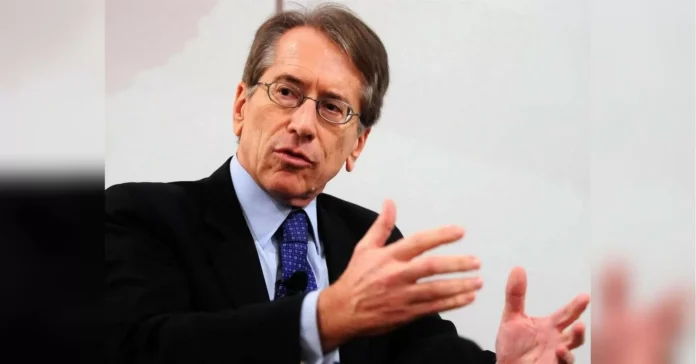According to a recent statement by a prominent European politician, the European Union must unite in the face of aggression. This call for unity comes at a time when the EU is facing numerous challenges and threats, both from within and outside its borders. The politician, who is known for his strong stance on international issues, emphasized the importance of a united front in dealing with these challenges and protecting the values and interests of the EU.
The EU has always been a symbol of unity and cooperation, with its member states working together towards common goals and shared values. However, in recent years, the rise of populism and nationalism has led to divisions within the EU and weakened its unity. This has made the EU vulnerable to external threats, such as the aggressive actions of certain countries towards its member states.
One of the most pressing issues that the EU is currently facing is the ongoing conflict in Ukraine. The annexation of Crimea by Russia in 2014 and the ongoing military intervention in Eastern Ukraine have not only violated international law but also challenged the security and stability of the region. The EU has responded to these actions by imposing sanctions on Russia and providing support to Ukraine. However, the effectiveness of these measures has been limited due to the lack of a united approach among EU member states. Some countries have been hesitant to impose strong sanctions on Russia, while others have been more vocal in their support for Ukraine. This has created divisions within the EU and weakened its ability to effectively address the situation.
In addition to external threats, the EU is also facing internal challenges, such as the rise of far-right movements and the refugee crisis. These issues have caused divisions and tensions among member states, with some countries adopting a more closed and nationalist approach while others advocate for a more open and inclusive Europe. These divisions not only weaken the unity of the EU but also hinder its ability to effectively address these challenges.
In light of these challenges, the call for unity by the politician is a timely reminder of the importance of a united and strong EU. The EU must stand together in the face of aggression and work towards finding solutions to these challenges that are in line with its values and principles. This requires a united front and a common approach among all member states.
One of the key ways in which the EU can achieve unity is through a strong and cohesive foreign policy. The EU must speak with one voice on the international stage and present a united front in dealing with external threats and conflicts. This will not only strengthen the EU’s position in the global arena but also ensure the protection of its member states.
Furthermore, the EU must also address the underlying issues that have led to divisions within its borders. This includes addressing the concerns and fears of member states and finding common ground on issues such as immigration and security. The EU must also work towards promoting a sense of unity and solidarity among its citizens, regardless of their nationality or political beliefs.
In conclusion, the call for unity by the European politician is a reminder of the importance of a strong and united EU in the face of aggression and challenges. The EU must overcome its internal divisions and present a united front in dealing with external threats. This requires a cohesive foreign policy and a sense of unity and solidarity among its member states. Only then can the EU effectively protect its values and interests and promote peace and stability in the region and beyond.

